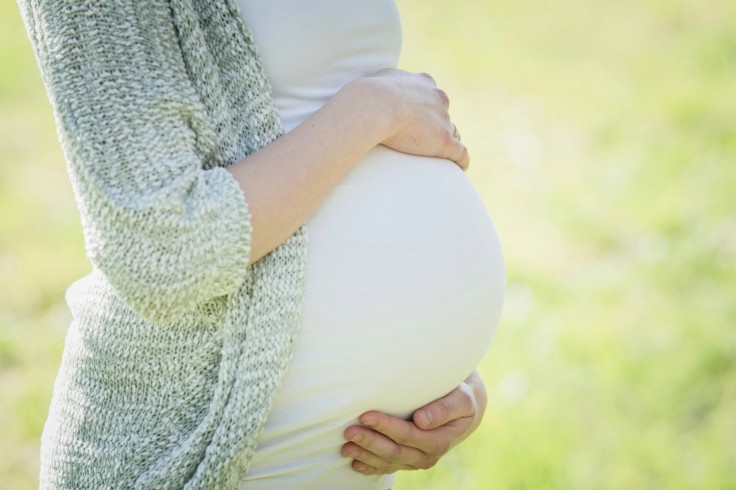
Birth rates for women in the United States declined in 2023, marking the second year in a row that the fertility rates have fallen.
The general fertility rate fell 3% last year to 54.5 births for every 1,000 females ages 15 to 44. Throughout 2023, only around 3.5 million babies were born. In comparison, breaking a record set in 2022, when there were 56.0 births for every 1,000 females aged 15 to 44, according to data from the National Center on Health Statistics.
By age, birth rates fell by 4% year-over-year among teens aged 15 to 19. From 2021, that number is down by 6%. Birth rates also fell 2% among teens aged 15 to 17 and declined 5% among those aged 18 and 19.
Prenatal Care Also Fell in 2023
Apart from a decline in birth rate, the percentage of mothers receiving prenatal care in the first trimester of pregnancy also declined by 1% from 2022, which had already been 2% lower than in 2021.
The report said prenatal care starting in the first trimester of pregnancy decreased to 76.1%. However, care in the second trimester of pregnancy increased to 16.9% and care in the third trimester increased to 4.7%. During the same period, roughly 2.3% of pregnant women did not receive prenatal care at all.
Why the Fertility Rate Fell
The US fertility rate has been declining for decades. Birth rates particularly dipped after the Great Recession of 2008, but there was a sudden uptick in 2021, which experts said was a COVID-19 "baby bump," per the National Bureau of Economic Research (NBER). That being said, the increase in birth rates in 2021 was still far below pre-pandemic levels. The birth rate has since returned to a consistent downward trend.
Speaking with CNN, Sarah Hayford, the director of the Institute for Population Research at Ohio State University, said there was no one particular reason why birth rates in the US are falling. But she did note that the study did not account for "a package of demographic changes" such as people getting married later or spending more years in school.
"People are waiting to have children. [And] so as that has become more acceptable, people are more carefully weighing their decision to become parent," she said.